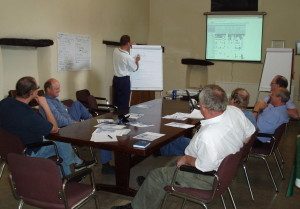Posted on: 28th January 2016 by Dr. Gary Mahon
Most knowledge resides in people, not in documents or presentations, so it’s important that a system, such as knowledge mapping, is used to capture and manage know-how before it is lost forever.
With low-cost global producers emerging in countries such as China and in the Middle East, many companies are being forced to take cost out of their business in order to remain competitive. This can result in downstream operations being sold off, reducing their workforce or closing completely. Whilst these measures are effective in satisfying shareholders’ short-term needs, will these companies survive in the long-term, and is there a way to minimise the risk?
What are the risks facing these companies? Firstly, cost cutting inevitably results in a loss of experienced people. They often possess the in-depth product and process knowledge which will be critical to future innovation. A similar risk exists with spin-outs from larger parent companies. These can be successful in freeing an operation of costly corporate overheads, but they seldom result in a manufacturing company with the same wealth of technical knowledge. Secondly, many products which are considered ‘mature’ and treated as ‘cash cows’ receive little investment in R&D programmes.
Reduced funding of high-cost central R&D laboratories will inevitably lead to the loss of key people and their know-how. This is fine until the competition takes a leap forward in technology. Where will the in-depth product and process knowledge required for technical innovation come from? It’s impossible to compete long-term on manufacturing cost alone, but companies can differentiate themselves by producing complex products with high added value and by innovative product development. However, companies need to have the right resources in place, and that means a dynamic R&D programme, together with a highly trained and experienced workforce capable of producing technically demanding products efficiently. Also, it would be dangerous to assume that the developing countries are incapable of world-beating product innovation: it’s only a matter of time.

So does this mean that short-term cost-cutting spells disaster in the long-term? Not if the right measures are put in place ahead of time.
Through structured workshops, Innoval Technology has developed an efficient, non-threatening process that creates an environment for open sharing and capture of knowledge. The process uses knowledge mapping, in the form of a K-Map, to help a company to know what they know and, importantly, to know what they don’t know! An R&D programme can then be defined that puts valuable (and scarce) resources where they are most able to respond to market needs. And if a business doesn’t possess extensive in-house R&D resources, there are specialist out-sourced R&D companies, such as Innoval Technology, who have the extensive industry expertise, skills and access to specialist equipment that is required.
In order to have a viable business it may not be possible to avoid workforce downsizing or R&D cut-backs. However, knowledge mapping enables a company forced to do this to protect its long-term technology position.



